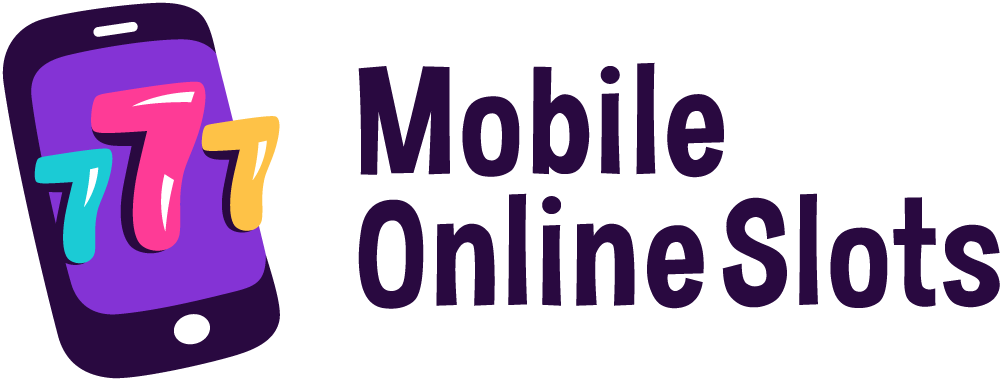To date, there have been 84 online gaming licenses issued to companies wanting to accept Italian players, but in 2018, that number is set to more than double as an additional 120 licenses will come on the market. As a result, Italians are spoiled when it comes to their choice of where to play. We take the time during our comprehensive reviews of online casino sites to determine which offer the best combination of value and game selection before we come up with our rankings. Here is a list of sites that are available to Italian players legally and that we think provide the best overall experience for customers.
Gambling Regulations in Italy
With a history of gambling that goes back hundreds of years, the Italian people have loved betting on all types of activities for longer than most countries. However, the country’s stance on online gambling has been polarizing, and it has come a long way to be the 2nd highest online gambling market in terms of gaming revenue in all of Europe.
As with many of the European countries trying to establish their own ways to legalize and regulate the industry, Italy has faced challenges along the way. First, you should know that Italy is the birthplace of many games you now see in a casino, and between it and France, the modern casino has evolved. The first land-based casino dates all the way back to the 1600s, so it is safe to say that gambling is in the blood of Italians.
Another thing that is perfectly clear is that Italians are happy to gamble on almost anything. From sports betting to the lottery, casino games to bingo and poker, the country considers gambling to be part of its fabric, so when it came time to try to regulate this new online gambling industry rising in the 2000s, banning it was simply not part of the conversation.
The first signs of trying to regulate the online gambling industry in Italy dates back to 2006 when the country first introduced legislation to make sports betting legal in both retail shops and online. However, this bill was filled with strict guidelines on who could apply for a license and where players could play. Operators seeking a license had to have offices in Italy, as well as using a URL with .it as the suffix to indicate it was Italian-facing.
The country created a blacklist with over 500 sites on it, demanding that ISPs block Italian residents from being able to access them. This was met with heavy resistance from the European Union, which had been built on the idea of free trade between the countries in the Union. The EU let Italy know that this practice was unacceptable and that the restrictions had to be lifted, which caused a prolonged discussion between the two. Ultimately, the country relented on certain provisions like an operator having to retain local offices to receive a license. More importantly, all of this back and forth gave the country time to add fixed odds games of chance and poker ring games into the legislation, finally agreeing on terms that would make the EU happy but also give the Italian government control over what sites could legally accept real-money transactions from its residents.
One of the sticking points in all of this regulation was the taxation on online gambling activities. While it was great hat sites were going to be able to legally take action on a wider variety of games, the fact that all the tax was being charged on turnover and not on profits did not sit well with certain operators. IN the end, the country agreed that products that were games of chance should be charged a tax based on profits, while sports betting and other fixed-odds games like the lottery on the turnover. This still means a high tax rate for those wanting to be involved in the Italian gaming market, but with billions of dollars at stake each year, it was worth the effort.
Finally, by 2012, the rest of the casino games and poker tournaments were added to the legislation, which meant that operators could offer whatever games they wanted to Italian players as long as they received a license. Slots were the last game to be legalized, and not surprisingly have seen the largest percentage of growth form a revenue standpoint in the last 6 years.
Online Casino Software Available for Italians
Italians not only love to play casino games online, but they are also given a wealth of choices when it comes to the software they play on at their favorite operator. With the country being highly regulated, it should come as no surprise that some of the largest names in the business have been approved, and as a result, you will find these companies all over the industry:
